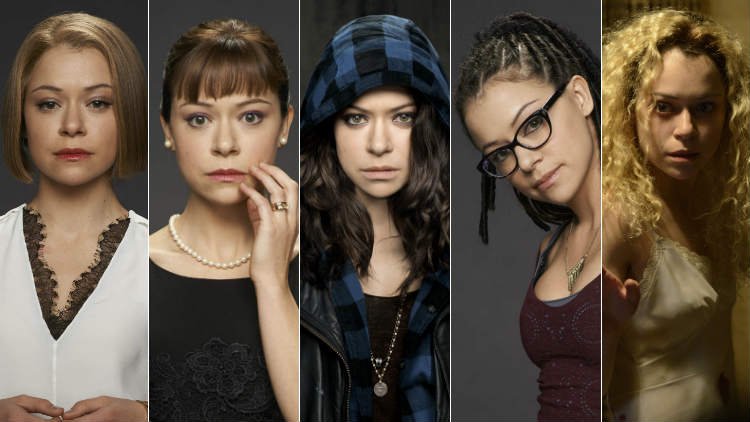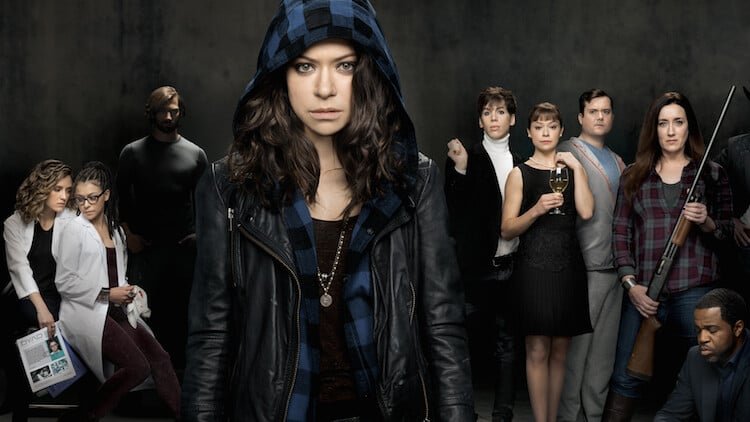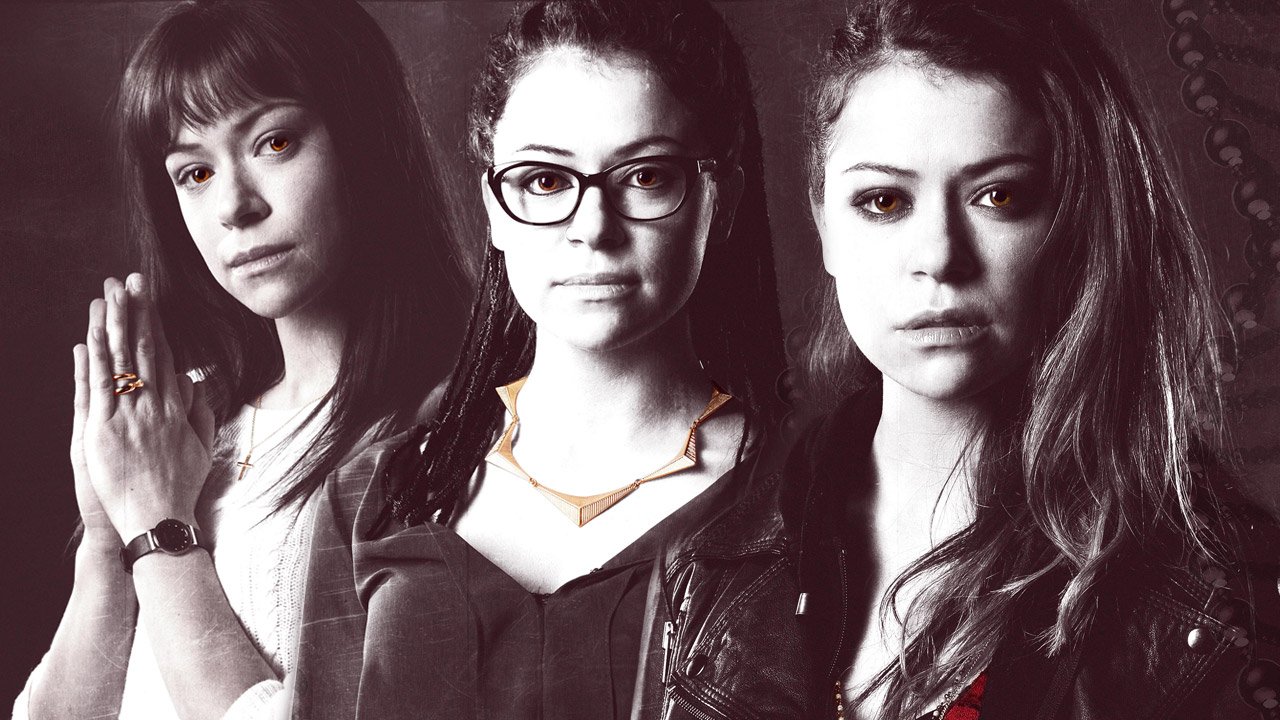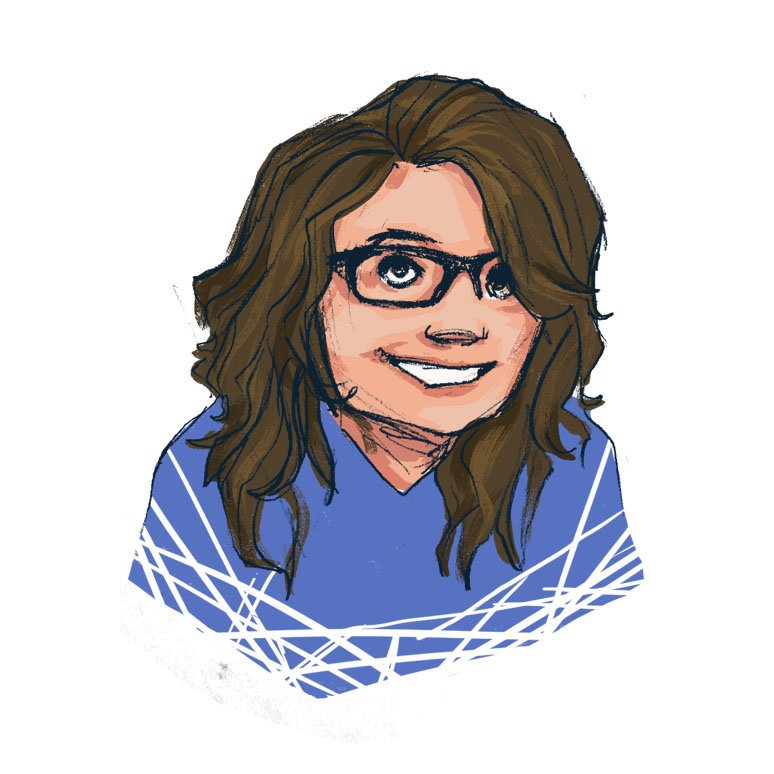There are lots of discussions about the ethics of cloning on the Internet. On television, the only show that really talks about it is Orphan Black.
Even then, it’s the only medium to talk about it from the perspective of clones, which is something that many people don’t take into consideration when talking about cloning: how the clones themselves feel about being cloned, and how they feel about the ethics behind it.

The ethics of cloning are very muddled. Aside from religious reasons, there’s the idea that it shouldn’t be done at all, because clones are still humans, even if they’re just copies. Greed and money are now a huge part of the discussion.
There’s been hot debate about patenting genes since the US Supreme Court denied allowing patents on existing isolated human genes against Myriad Genetics, Inc. in 2013. The company wanted to patent two genes that were naturally occurring in order to prevent rip offs of their breast screening. The court denied this, saying that natural DNA can’t be patented, but synthetic DNA, or cDNA, can be. This is how the Dyad Institute, a company that pushes the evolution of humans, in the show get away with cloning and preventing people from copying their creations.
But just how do those creations feel about being considered objects? Looking at Orphan Black, they’re not too happy about being kept out of the loop. The only clone to be self-aware from the beginning is Rachel Duncan, the antagonist and CEO of Dyad. Once the other clones found out about their existence, it sort of became their mission to find out who they really are and why there’s over 100 of them. This brings into question where does consent comes into play?
It’s impossible to ask a clone for consent to create it, but not telling it that it’s a copy of someone else’s DNA would be just as bad. The psychological toll it took on some of them was enough to drive them mad. Duncan has become nearly emotionless and has almost no empathy. Helena, the lethal clone who is constantly in limbo between a hero and a villain was at one point told to kill all the other clones. Cosima Niehaus, the biology student, agreed to Dyad’s strict rules and conditions just to study her genome. For the most part, the “Clone Club” – consisting of the three main clones Alison Hendricks, Sarah Manning, and Niehaus – couldn’t trust anyone, thinking that the people they were closest to were watching them. Even if a clone today was brought into existence for the most innocent of reasons, how would they feel knowing that they’re a genetic copy of another person? That they’re part of someone else’s identity?
Not to mention clones are basically just born to die. Animal clones have much shorter life spans, and are born with lots of defects or other health related issues. Human clones can’t make it past being inserted in a womb. In the show, the clones suffer from a disease that makes them infertile and cough blood, along with symptoms like loss of hair and becoming very weak, much like cancer. It starts inside the womb with red dots and spreads through the inside of the body, eventually killing them. This factor against them drives them to find a cure, only adding onto their problems. The clones most affected by this are Hendricks, who cries when she discovers Manning has a biological daughter, and Duncan, who throws a fit of rage in her office.

All the arguments about cloning ethics can be done through a quick Google search, but they’re all scientific papers or people with blogs looking to voice their opinions. It’s all from the viewpoint of someone who isn’t a clone. Human clones don’t actually exist yet, and even if they did, there are those who would exploit them. Black markets, scientific experiments, and even discrimination from everyday people are all possible outcomes for clones to face on an everyday basis, along with knowing that they won’t live a long and full life like other humans.
The human condition should be taken into consideration when cloning humans becomes a real thing. While it’s still in the works, there needs to be a lot taken into consideration. After all, there are those who are still discriminating against other humans and babies born through scientific means. How could they accept a clone?
Simply put, the world just isn’t ready for cloning. There hasn’t been any consideration put into how to properly approach the situation once a clone is born, and knowing that there are people in the world who wouldn’t be on board with showing empathy. Until there’s a proper method laid out, it seems like Orphan Black is all we have to go by right now.




